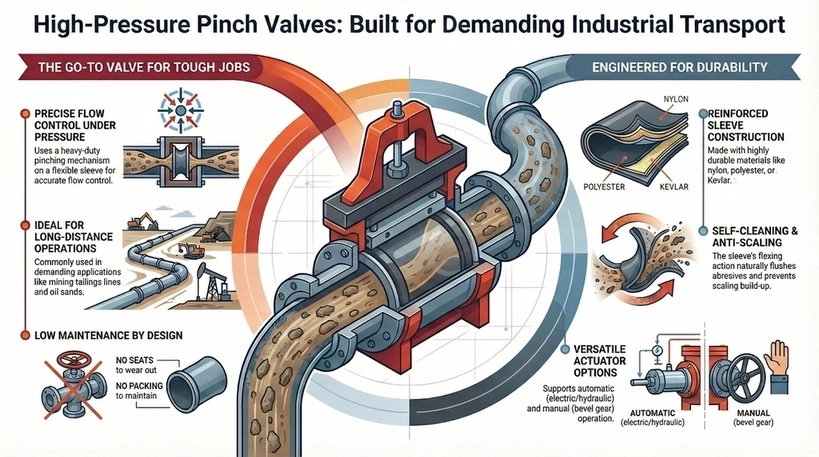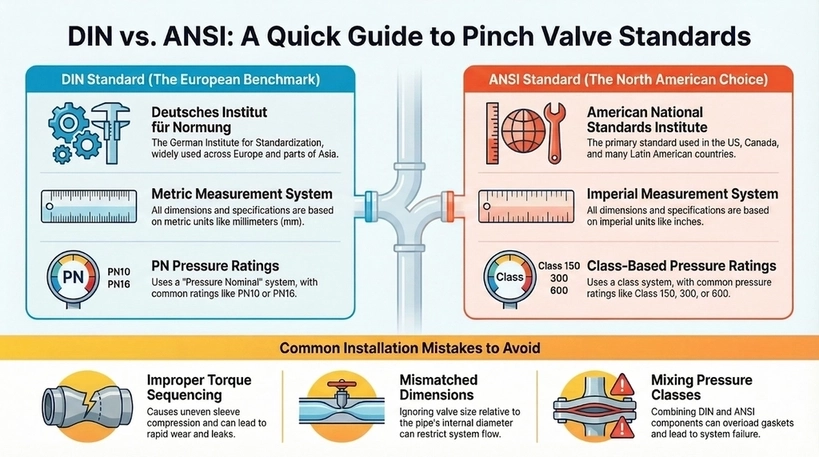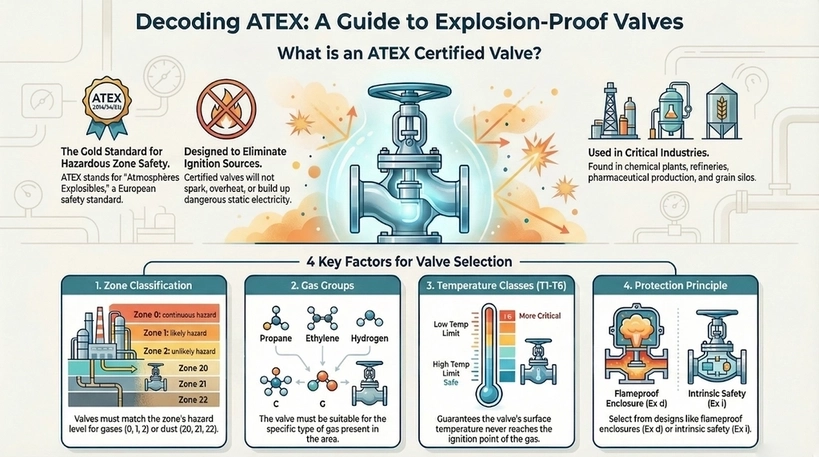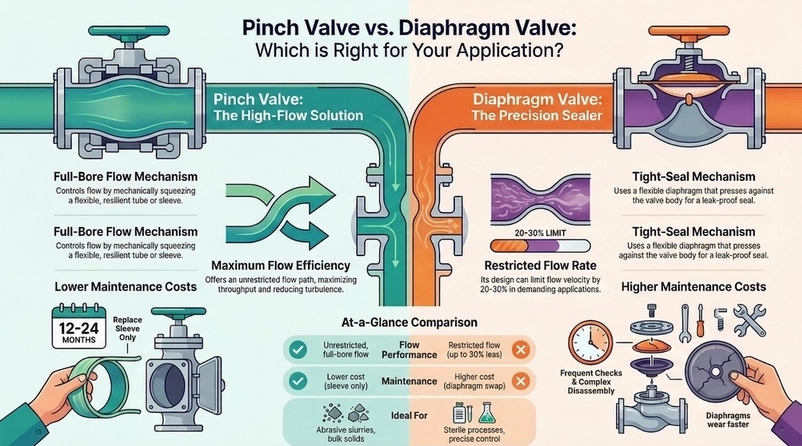

EPDM rubber (short for ethylene propylene diene monomer) is a synthetic rubber known for its durability and resistance to harsh conditions.
Developed in the 1960s, it’s made from ethylene, propylene, and diene monomers. These properties make it tough enough to handle extreme environments without deforming like natural rubber.
EPDM rubber is widely used in construction, automotive, and industrial applications. Its flexible and long-lasting nature makes it ideal for everything from gaskets and seals to full roofing systems.
EPDM rubber is valued for its strength and versatility. Here’s what sets it apart:
EPDM rubber is used across many industries because it lasts long and holds up against weather, chemicals, and wear.
Manufacturers use EPDM for seals, hoses, and weatherstripping. It prevents leaks, reduces noise, and keeps moisture out of vehicles.
Builders rely on EPDM for roofing, pool liners, and garage door seals. It stays flexible in different temperatures and resists cracking.
Factories use EPDM for gaskets, O-rings, electrical insulation and rubber sleeve for pipe. It handles harsh environments and keeps machines running smoothly.
Heating and cooling systems use EPDM for gaskets and seals. It maintains a tight fit, even with temperature changes, ensuring efficiency.
Different grades of EPDM rubber are designed for specific uses. Choosing the right one depends on your project’s needs.
| Grade | Best For | Key Benefits |
| Commercial Grade EPDM | General use (roofing, gaskets, seals) | Cost-effective, durable, weather-resistant |
| WRAS Approved EPDM | Drinking water systems, plumbing applications | Certified for water safety, meets regulations |
| Expanded EPDM/Neoprene | Insulation, moisture protection, HVAC gaskets | Closed-cell structure, prevents water absorption |
When choosing an EPDM rubber, you’ll want to take a few steps to ensure you’re choosing the best option for your project. Make sure to:
Where will the rubber be used? Outdoor applications need EPDM with UV and ozone resistance to prevent cracking. For areas with constant moisture, waterproof EPDM works best.
EPDM handles a wide range of temperatures, but not all grades are the same. If exposure to extreme heat or cold is expected, choose a high-performance EPDM rated for those conditions.
EPDM resists many chemicals but fails against oils, fuels, and solvents. If petroleum exposure is a concern, nitrile rubber is a better option. Choose EPDM only when oil contact is minimal.
Some jobs need a tight, compressible seal, while others need structural support. For gaskets and weatherstripping, softer EPDM works best. Firmer grades hold their shape better in industrial settings.
Certain projects require certified materials. If used in drinking water systems, WRAS-approved EPDM is necessary. Construction, automotive, and HVAC industries also have specific requirements to meet.
While EPDM rubber is durable, it has some drawbacks that you should keep in mind:
EPDM does not hold up well against petroleum-based oils or fuels. If your application involves regular exposure to these substances, a different rubber may be a better choice.
Unlike some synthetic rubbers, EPDM is not flame-resistant. It’s not suitable for high-heat environments where fire resistance is essential.
EPDM doesn’t naturally adhere well to metal surfaces. Special adhesives or treatments are required to create a strong bond.
Not all EPDM grades work the same. One of the biggest mistakes is using a standard grade in applications that need certified materials. If the rubber will be in contact with drinking water, it needs to be WRAS-approved.
Another issue is assuming all EPDM resists heat the same way. Some grades handle extreme temperatures better. If exposure goes beyond 350°F (177°C), silicone may be a better fit.
Some buyers also overlook oil resistance. EPDM holds up against chemicals and weather, but it breaks down in oil-heavy environments. If petroleum exposure is unavoidable, nitrile or neoprene may work better.
Not all rubber materials perform the same. EPDM is great for outdoor and weather-exposed applications, but other rubbers have their own strengths. Here’s a quick comparison:
| Rubber Type | Best For | Weaknesses |
| EPDM | Outdoor use, seals, gaskets | Poor oil and fuel resistance |
| Neoprene | Industrial seals, marine use | Weaker against UV and ozone |
| Nitrile | Fuel systems, oil handling | Limited weather resistance |
| Silicone | High heat, cooking equipment | More expensive |
EPDM is tough, flexible, and weather-resistant. If oil or extreme heat is a concern, another rubber may be a better fit.
It’s short for ethylene propylene diene monomer. It’s a tough, flexible rubber that holds up against extreme weather and environment.
You’ll find it in roofing, car parts, gaskets, and HVAC systems. It’s built to last and doesn’t crack or break down easily.
It can last 20 to 50 years, depending on how it’s used. Roofing and industrial applications usually see the longest lifespan.
Yes, it’s one of the most waterproof rubber materials out there. That’s why it’s used for roofing, pond liners, and seals that need to keep moisture out.
So that’s it—everything you need to know about EPDM rubber and how it performs.
It lasts long, handles extreme conditions, and works across industries from construction to automotive.
Whether you’re sealing, insulating, or waterproofing, EPDM delivers durability and reliability.
But note that other rubber types might be better for certain conditions. If you’re unsure which material fits your needs, write to us for expert advice.

High pressure pinch valves, like PN16 pinch valve and class 150 pinch valve designs, involve a rugged and heavy-duty pinching mechanism in positioning the sleeve, resulting in an almost accurate and measurable flow of media. This kind of valve is popular and commonly used for long distance operations in mining tailings lines or oil sands, […]

Understanding pinch valve dimensions and flanges ensures seamless integration into piping systems, particularly when choosing between DIN vs ANSI. The two are different but commonly used standards by organizations in engineering, manufacturing, and product design. DIN was developed in Germany but widely adopted across Europe and parts of Asia. Meanwhile, ANSI standards, which originate from […]

Selecting the appropriate explosion proof valve is essential for safety in industries that pose explosion risks. ATEX certified valves guarantee compliance with European standards, preventing ignition sources from heat, sparks, or static electricity. This blog explores key factors for choosing ATEX certified explosion proof valves that ensure overall operational safety, highlighting the entailed regulations and […]

When handling abrasive or viscous media in industrial processes, the type of valve used can heavily affect the performance, efficiency, and overall user experience. In relation to this, two of the most common valve options are pinch and diaphragm valves. In this blog, we delve into the pinch valve vs diaphragm valve discussion, analyzing flow […]



